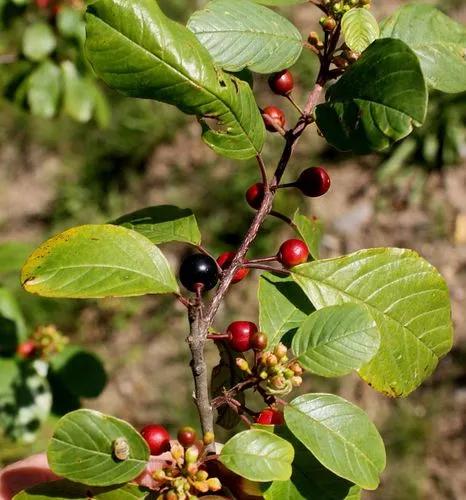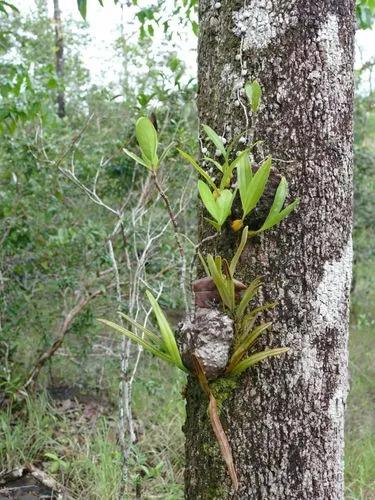Aloysia polystachya (Griseb.) Moldenke (Verbenaceae) is considered as a medicinal plant by Argentineans and Brazilians, being popularly used as sedative, eupeptic and carminative agent. The high amount of carvone produced by this species could justify its use in the treatment of some digestive disorders. The aim of this work was to evaluate the effect of the time of leaf harvesting on the composition of A. polystachya essential oil. The antimicrobial activity of this essential oil was evaluated against Escherichia coli, Staphylococcus aureus, three Candida strains and Trichophyton rubrum. Essential oils from dry and fresh leaves obtained by hydrodistillation were analyzed by gas chromatography (GC) and GC-mass spectrometry (GC-MS). The chemical profile of A. polystachya essential oils varied according to day-time harvesting of the plant material though they were basically composed of carvone and limonene. The antifungal activity of the essential oils against clinical isolates of Tricophyton rubrum, Candida albicans, C. krusei and C. famata was validated.
Aloysia Polystachya Care
Aloysia Polystachya



How to Care for the Plant

Water

needs regular irrigation. A lack of water leads to plant stress, leaf drop, and insect pest infestation. Keep the surface of the soil moist, but don't oversaturate the plants. Aim for a moisture level that resembles that of a wrung-out sponge. An exception is plants spending the winter months indoors: they may be kept on the dry side.

Fertilizer

plants is a departure from other herbs in that it appreciates a regular fertilizing schedule to keep it lush and vigorous. Feed plants in the spring with an all-purpose fertilizer. Watering each time with compost or manure tea during the growing season will keep plants productive.

Sunlight

Lemon verbena needs full sun, similar to what roses or a vegetable garden would need. Situate your plants where they won't be cast in the shade of a neighboring tree or building. Plants that grow indoors as houseplants may need supplemental artificial lighting to prevent lanky growth and leaf drop.

Soil

does well in rich garden loam, but average soil is also tolerated. Good drainage is important for healthy lemon verbena plants, so in areas with clay, you must plant them in raised beds or containers.

Temperature

plants grow in a sunny, frost-free climate. Temperatures below 40 F will trigger leaf drop and dormancy. Plants do well in dry or humid climates.

Popularity

67 people already have this plant 11 people have added this plant to their wishlists
Discover more plants with the list below
Popular articles






